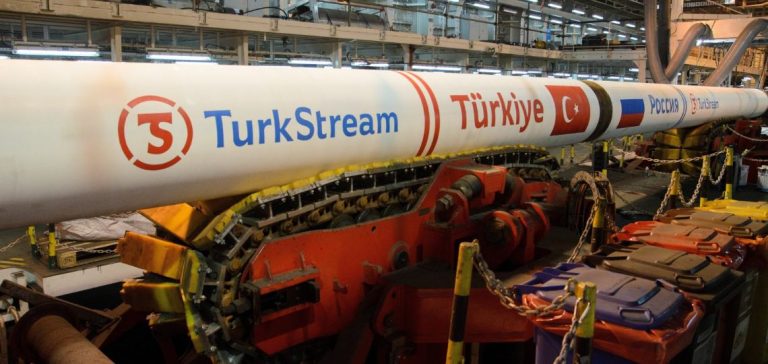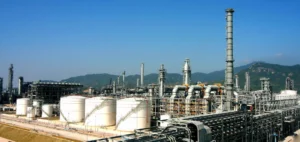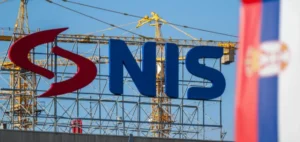The recent declaration by Peter Szijjarto, Hungary’s Foreign Minister, at the St. Petersburg International Gas Forum highlights the strategic importance of the TurkStream pipeline. This pipeline, linking Russia to Turkey via the Black Sea, could become a pillar for gas supplies to Central Europe if gas transit through Ukraine ceases, expected on December 31, 2024. This scenario could become a reality given the persistent military tensions between Ukraine and Russia, making the renewal of the existing transit agreement unlikely.
In the current context, where Hungary already relies on gas deliveries via TurkStream, Szijjarto affirmed that this alternative could also support other countries in the region facing supply difficulties. Indeed, Hungary, unlike many European Union countries, maintains close relations with Moscow, seeking to strengthen its economic and energy ties with Russia, which raises questions about energy diversification within the EU.
Importance of the TurkStream Pipeline
The current transit agreement between Russia and Ukraine allows for the delivery of approximately 15 billion cubic meters (bcm) of gas per year to Europe, representing nearly 8% of peak volumes transiting to the continent in 2018-2019. The end of this agreement could exacerbate energy tensions, particularly in Central European countries where energy security is already a major concern. Hungary has already taken measures to secure its gas needs by increasing its contracts with Gazprom, the Russian energy giant.
Hungary’s Position in the EU
While most EU member states are striving to reduce their dependence on Russian gas, Hungary stands out for its willingness to maintain close trade relations with Russia. Prime Minister Viktor Orbán has blocked several EU initiatives aimed at further restricting energy imports from Russia. This strategy highlights a growing rift between Budapest and other European capitals, intensifying tensions within the Union.
Hungary has also signed an addendum to its gas contract with Gazprom for the year 2024, providing for a total volume of 6.7 bcm, which could suffice not only for Hungary’s needs but also for those of other Central European countries if deliveries via Ukraine are interrupted.
Geopolitical Consequences and Future Perspectives
The energy situation in Central Europe underscores the necessity for diversifying supply sources. If transit via Ukraine ends, Turkey could become a key player, strengthening its position as an energy hub. However, this increased dependence on TurkStream also raises concerns about geopolitical stability, as Russia could use this lever to exert pressure on Europe.
In the long term, European countries will need to consider alternatives to secure their energy supplies. This includes developing liquefied natural gas (LNG) infrastructures and improving interconnections with other gas sources, such as those from Azerbaijan. However, implementing these solutions will require time and significant investments, leaving countries like Hungary vulnerable to Russia’s energy policy.
The next steps for Central Europe will involve assessing the viability of these alternatives while navigating a complex and constantly evolving energy landscape.





















